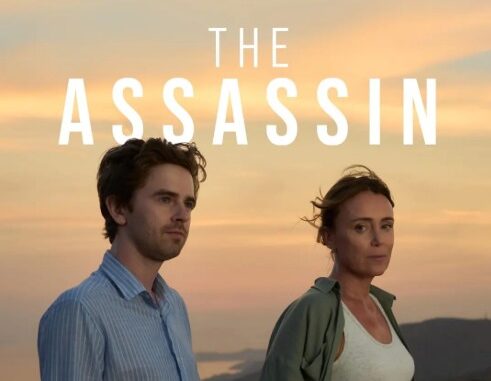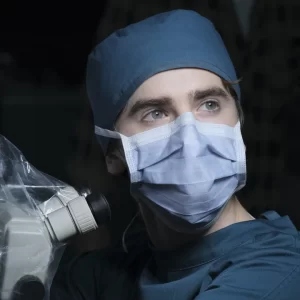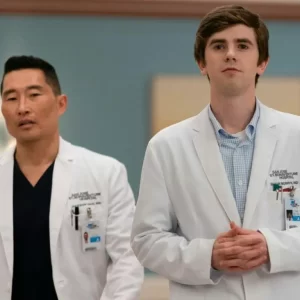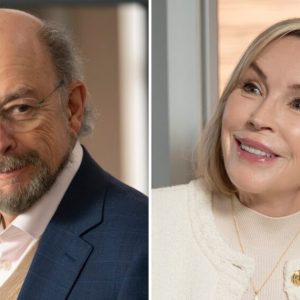Television audiences have long been captivated by the remarkable character of Dr. Shaun Murphy, the gifted surgeon at the heart of The Good Doctor. Now, with his return in a brand-new blockbuster season, fans are not just expecting another series of medical cases—they are anticipating a story that cuts deeper into the complexities of love, humanity, and professional brilliance.
This article dives into what makes Dr. Murphy’s comeback so compelling, exploring the thematic depth of the series, the evolution of its lead character, and the broader cultural impact of this much-anticipated new chapter.
A Character That Redefines Television Drama
From the very beginning, Dr. Shaun Murphy stood out as more than just a fictional doctor. His portrayal of a young surgeon living with autism and savant syndrome redefined how audiences perceive neurodiversity on screen. Rather than limiting him, his condition is portrayed as both a challenge and a gift, shaping the way he interacts with patients, colleagues, and the world.
In this new season, the stakes are higher than ever. Shaun isn’t just a doctor solving medical puzzles; he is a man learning to navigate fatherhood, relationships, and the weight of responsibility. The writing team has carefully built layers of emotional depth, showing that Shaun’s journey is not simply about mastering surgical skills but about mastering life itself.
The Evolution of Dr. Shaun Murphy
Previous seasons allowed us to witness Shaun’s struggles to be accepted in a high-pressure hospital environment. Each episode carried themes of doubt, conflict, and perseverance. His colleagues often questioned his ability to handle the emotional nuances of patient care, but time and again, Shaun proved that empathy is not about fitting a traditional mold—it’s about sincerity, precision, and genuine care.
Now, with the blockbuster return, Shaun’s evolution takes a new dimension. He is no longer the underdog seeking approval; he is a respected surgeon and a leader. Yet, the show ensures that his growth feels authentic—reminding audiences that confidence does not erase vulnerability, and success does not erase struggle. This duality makes him one of the most human characters on television.

Medical Drama Meets Human Storytelling
The hallmark of The Good Doctor has always been its balance between gripping medical cases and heartfelt storytelling. The upcoming blockbuster season promises to push this balance even further. Each medical case is not just a clinical problem—it becomes a mirror of human experience: fear, hope, resilience, and loss.
Expect episodes where Shaun’s brilliance as a surgeon will collide with his vulnerabilities as a human being. Whether it is performing high-risk surgeries or making life-changing ethical decisions, every moment is designed to test his intellect and his heart. This narrative approach ensures that viewers are not simply watching a medical drama but are living through the struggles of patients and doctors alike.
A Celebration of Diversity and Representation
The return of Dr. Shaun Murphy is not just entertainment—it is a cultural milestone. Representation matters, and this character has given millions of viewers with autism or those who feel “different” a chance to see themselves reflected on screen.
In interviews, the show’s creators have emphasized their dedication to authenticity, consulting with specialists and individuals from the autistic community. This commitment makes the storytelling resonate with honesty and respect. The blockbuster comeback of Shaun Murphy only amplifies this important message: brilliance comes in many forms, and empathy transcends all barriers.
The Emotional Core: Love, Friendship, and Family
While Shaun’s medical career often takes center stage, the blockbuster return also shines a light on his personal life. His relationship with Lea has been one of the most touching story arcs, evolving from awkward beginnings to a deep, supportive partnership. As the new season unfolds, audiences will see Shaun embrace new roles—not just as a surgeon, but as a partner and a father.
This emotional layer elevates the show beyond traditional medical drama. It is not only about saving lives in the operating room—it is about learning how to live fully outside of it. The themes of love, loyalty, and growth make Dr. Murphy’s journey universally relatable.





